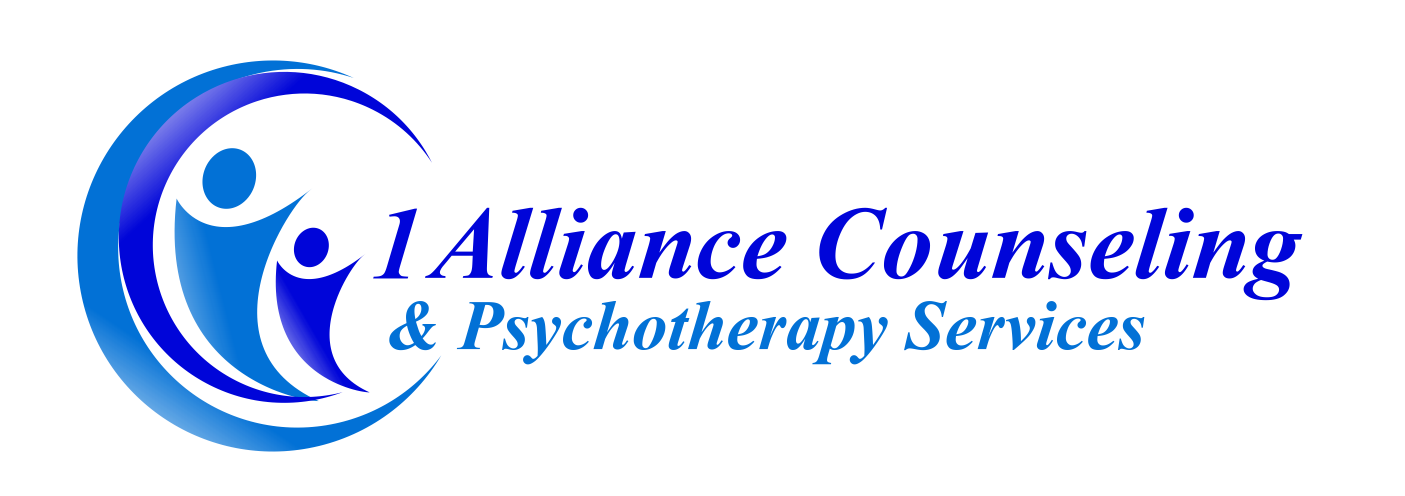During the end of a year and upon the precipice of another to come, people often reflect on what was and what their hopes and fears are for what will come. This can often be a crucial time of stress for some as they reflect on what did not happen or what went wrong. I would offer the reframe that this could be an opportunity for refreshment and a restart. Taken in retrospective review, one can have a realistic perspective of where one is and make goals to propel self into the future that is ultimately desired. But how does one combat fear in order to organize oneself for such an embarking adventure?
1) Define “better”. Everyone could possibly conceive what better is. In Solution-Focused Therapy (SFT), this is the “miracle question,” the idea of envisioning oneself with the problem(s) solved? Steve de Shazer and Insoo Kim Berg are the therapists who are credited with the name and practice of SFT. “Suppose tonight, while you slept, a miracle occurred. When you awake tomorrow, what would be some of the things you would notice that would tell you life had suddenly gotten better?”
What would you be doing, feeling, thinking? How different would your life be? These are some of the questions that come to mind as I work with my clients. Answer those questions for yourself, right now. Get a sheet of paper and begin to write it down.
2) Goal-Setting is taking what is imagined as “better” and creating goals that are specific, measurable, attainable, realistic, and time-sensitive, or otherwise known as S.M.A.R.T. This acronym was commonly associated with “Peter Drucker’s Management by Objectives concept.” The first known use of the term occurs in the November 1981 issue of Management Review by George T. Doran. Since then, Professor Robert S. Rubin (Saint Louis University) has advised of a greater expansion of the S.M.A.R.T. acronym.
“Specific (simple, sensible, significant).
Measurable (meaningful, motivating).
Achievable (agreed, attainable).
Relevant (reasonable, realistic and resourced, results-based).
Time bound (time-based, time limited, time/cost limited, timely, time-sensitive).”
The progress should be monitored and re-evaluated in order to assure compliance with ultimate goal(s) and to update due to circumstances that can influence one’s process while creating space for additional feedback. Some authors have expanded it to include extra focus areas, that is “SMARTER, for example, includes Evaluated and Reviewed” for this reason.
3) For those who would like a more visual and artistic view of “better,” one could try use of Vision boards or setting a “Word” for the year. Vision board include pictures, words/phrases, and images to visualize the “better” in one’s mind on paper, poster board, etc. In setting a “Word” or words for the year, consider the values you’d like to embody for the next year. This sets a goal in mind for how to orchestrate your focus, attention, and puts into practice what behaviors, activities one chooses based on if it falls within the set goals/values of the year.
For example, consider the word: CONFIDENT. If one chose this word for the year, how might this impact how the person attacked their fears of success, healthy relationships, career aspirations, leisure and play. According to Acceptance and Commitment Therapist Russ Harris what we choose as our values are: “your heart’s deepest desires for how you want to behave as a human being. Values are not about what you want to get or achieve; they are about how you want to behave or act on an ongoing basis.”
So consider this as you embark on the New Year. You can choose to focus on what you lost, what is broken, missing, and incomplete. OR You can choose to embrace the opportunity to persevere in spite of the losses. This requires a mindset shift from problems being non-existent in order to have a positive and engaging life. Some things are impossibilities. What you can do is choose to press through, not get over, but live through it. Whatever your “it” is, if it is too heavy for you alone, seek out help and resources in your community, family, and friends. There is no weakness in seeking help; there is only wisdom in that decision.
• Do not isolate. Let your friends and family in.
• Seek professional resources (therapist, crisis line, psychiatrist, primary doctor, for example).
• Exercise and eat healthy foods. Treat your body well.
• Find an activity that inspires you again (painting, journaling, sports, music, etc.)
Who knows? This could be your start to a better year! We at 1Alliance CPS wish everyone a safe and Happy New Year!
Resources:
https://www.psychologytoday.com/us/blog/in-therapy/201001/cool-intervention-10-the-miracle-question
https://www.mindtools.com/pages/article/smart-goals.htm
thehappinesstrap.com
